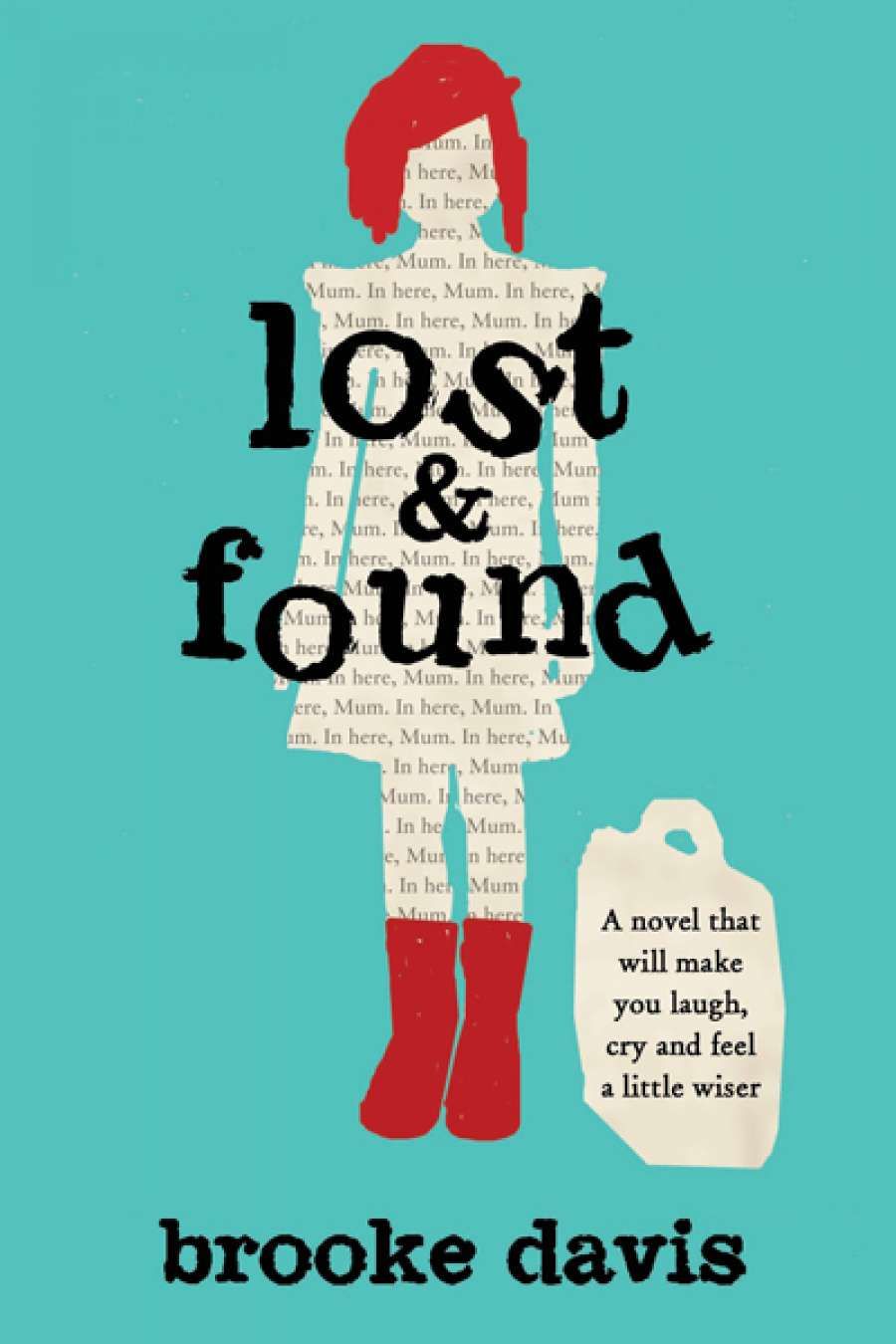
- Free Article: No
- Contents Category: Fiction
- Review Article: Yes
- Article Title: Lost & Found
- Online Only: No
- Custom Highlight Text:
Certain catchwords – ‘quirky’, ‘heartwarming’, ‘uplifting’ – mark the media coverage surrounding the release of Western Australian Brooke Davis’s first novel, Lost & Found. Perhaps foreseeing this, Davis presents her twee characters in a slightly laboured, albeit fashionable, manner: the elderly Karl in colourful braces; the agoraphobic widow Agatha; and Millie Bird, a Disneyesque seven-year-old grieving for her lost parents while camping out in a closed department store. All three protagonists come together for an unlikely adventure across Davis’s palpable, yet homogenous, Australian outback.
- Book 1 Title: Lost & Found
- Book 1 Biblio: Hachette, $26.95, 272 pp
Threaded through the book’s patchwork narrative structure, many of Davis’s images are clear and emotive. During a flashback to the awkwardly named Agatha Pantha’s husband’s deathbed, Davis depicts his elderly body with confident subtlety: limbs vivid in their ‘grasshoppery’-ness. Frustratingly, Davis tends to rely on common stereotypes – especially those of the very young and the very old. Early predictions of two central characters’ octogenarian love are confirmed, followed by a sex scene between the two, in which ‘everything flaps and flies and wobbles and jiggles and sags’. Cliché, here, trumps the more nuanced depictions in Lost & Found.
Similarly caricatured at times, the young Millie Bird – her curls dancing ‘ballerinas’ – is a vehicle for the book’s main theme: the inevitability of loss. Davis’s recurring ‘–’ motif here shows its strength when Millie notes the time span on her father’s grave: ‘it was strange [Millie] thought, that this line – this long, straight line – was all there was to show of his whole life.’ This eloquent image of the absurdity of time is tied back into Hachette’s inclusion of a separate article, which refers to the unexpected death of Davis’s own mother, in 2008. And although this might seem like opportunistic publicity, Davis’s grief has apparently been channelled into Lost & Found, contributing to an intermittently profound, though expectedly flawed, first novel.


Comments powered by CComment